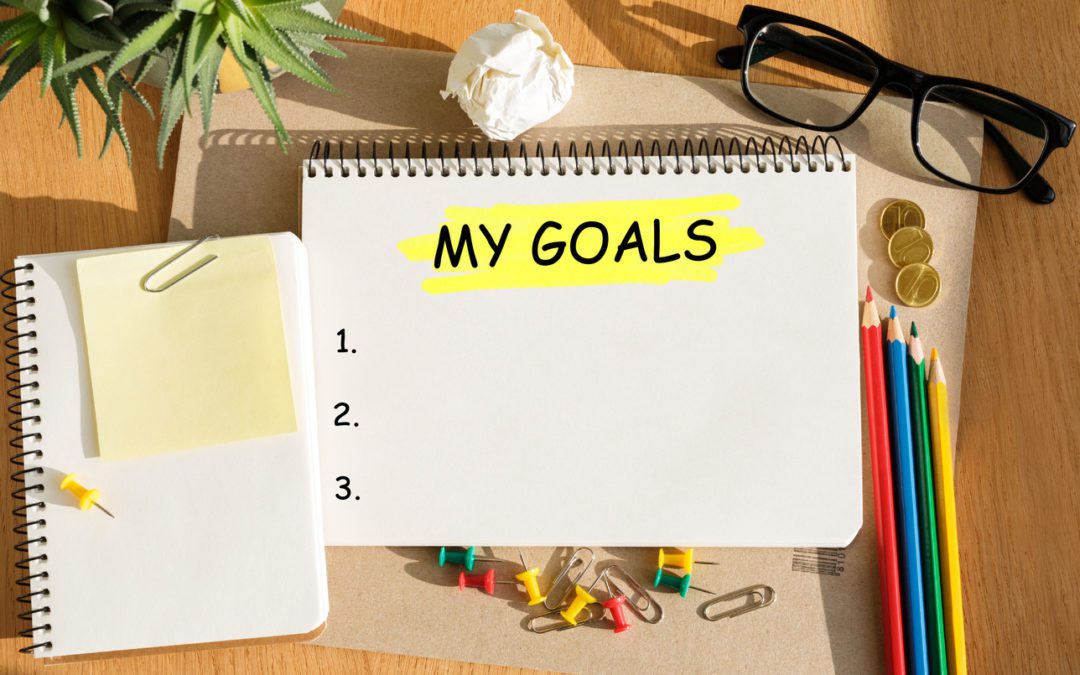“A goal without a plan is just a wish.” It’s believed Antoine de Saint Exupéry uttered these words, and, quite frankly, we couldn’t have said it better ourselves! Throughout our life, there are so many things we say we want to do, but never take the concrete steps needed to make that wish a reality. Well, that all stops the day you make an action plan.
What is an Action Plan?
Just as its name implies, an action plan is an organized list of actions you’re going to take in order to achieve a larger goal. Each step of your plan should contain the following information:
- What physical action you’re going to take in order to complete this goal.
- Who will carry out this step
- When a reasonable time is for this step to be completed
- Resources needed to complete this step (money, a staff, teachers, practice space, technology, etc.)
Ultimately, the goal is to be as descriptive and concrete as possible in your action plan.
The Beauty of an Action Plan
No matter how motivated someone is, there’s often one thing that prevents someone from achieving their dreams, and that’s the feeling of being overwhelmed.
The secret behind an action plan is that it breaks your one, larger goal into smaller, more easy-to-do tasks. Not only are you able to keep yourself on track by assigning dates to each step, but it makes one larger goal feel much more manageable and attainable.
Creating Your Own Action Plan
Before you can start creating an action plan, you need to have a goal in mind. For our example, we’ll use “Get a Job” as the ultimate end goal.
Example of an Action Plan
Goal: To get a full-time job as a teacher by January 2019.
Step 1: I will create a professional resume and cover letter by March 1, 2018. I will need a computer with Microsoft Office on it.
Step 2: I will update my social media profiles (Facebook, Twitter, LinkedIn) so that they are the best reflection of who I am. I will have them all updated by April 10, 2018. For this, I will need access to a computer.
Step 3: I will attend a networking event that takes place on June 20, 2018. I will meet with people in the industry, ask them any questions I have and have my resume reviewed. I will need professional clothes, transportation to and from the event, and $50 for the registration fee.
Step 4: I will research the education industry and have a good understanding of the job market by August 2018.
Step 5: I will prepare and practice for an interview by writing down any questions I may have about the position. I will practice answering these questions with friends and family. I will feel emotionally and mentally prepared to go on a real job interview by October 2018.
Step 6: I will send out my resume to several employers looking to hire a full-time teacher, by November 2018.
And whala! You now have smaller, more attainable goals to reach, each with their own deadline. This means each month you’ll be on track to reach your ultimate goal.
Always remember the adage — “People don’t plan to fail. Instead, they fail to plan.”
Looking for even more guidance in 2018? Debra Solomon, a life and career coach, helps young adults with autism and other learning disabilities identify their strengths and weaknesses to help find a job that best fits them! For more information about Debra Solomon’s coaching practice, visit her on the web.


